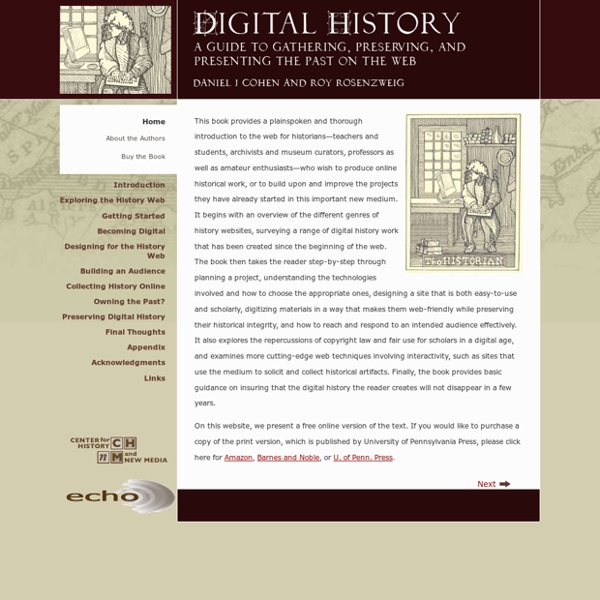Comment faire un commentaire d'images (Spencer Platt)
Parmi les sujets soumis cette année à mes étudiants de master figurait cette proposition: “Analysez la photographie lauréate du World Press Photo 2007: Spencer Platt, “Young Lebanese Driving Through Devastated Neighborhood of South Beirut“, 2006 (Getty images)”. Les résultats de cet exercice, globalement décevants, suggèrent de revenir sur la mécanique du commentaire d'images. Ce qui paraîtra le plus logique au débutant, c'est de commencer par décrire la photographie. Qu'est-ce qu'on y voit? Appliquons-nous la même lecture à une reproduction à l'encre quadrichromie en double page sur papier glacé, qui nous est arrivée dans les mains par l'intermédiaire du libraire, qu'à un tirage aux sels d'argent sur papier mat déchiqueté, sélectionné par nos soins dans la boîte à chaussures de l'archive photographique familiale? S'il vaut mieux garder la description pour plus tard, par où commencer? Aucun des étudiants qui m'a rendu ce sujet n'a apparemment effectué cette enquête sommaire. Références
Digital Scholarship in the Humanities | Exploring the digital humanities
toychest [licensed for non-commercial use only] / FrontPage
"Toy Chest" collects online or downloadable software tools and thinking toys that humanities students and others without programming skills (but with basic computer and Internet literacy) can use to create interesting projects. Most of the tools gathered here are free or relatively inexpensive (exceptions: items that are expensive but can be used on a free trial basis). Also on this site are "paradigms"--books, essays, digital projects, etc. A star indicates tools that combine power (advanced, multiple, or flexible features) with ease of use. This site is kept by Alan Liu for his "Literature+" digital humanities courses (recent examples of course: undergraduate | graduate).
Visualization in the Humanities
Calendrier perp tuel
Ce petit utilitaire vous permet de trouver à quel jour de la semaine correspond une date. Il fonctionne du 1er janvier 0 jusqu'au 31 décembre 2499. Tableau 1 - CENTAINES ET ANNEES Légende : - Les siècles grégoriens sont en bleu. - Les années bissextiles sont en rouge. - 15* : jusqu'au 4 octobre 1582 inclusivement. - 15** : à partir du 15 octobre 1582. Tableau 2 - MOIS Légende : - Pour les années bissextiles, prendre les mois de janvier et de février marqués en rouge. Tableau 3 - JOURS Mode d'emploi A quel jour correspond le 14 juillet 1789 ? 2° - Dans le tableau des mois : - A l'intersection de la ligne du chiffre trouvé au tableau 1 et du mois cherché (dans l'exemple : juillet), vous trouvez un nouveau chiffre. 3° - Dans le tableau des jours : - A l'intersection du chiffre trouvé au tableau 2 et de la date recherchée (dans l'exemple le 14), vous trouvez le jour de la semaine. Si vous ne vous êtes pas trompé, vous devez trouver : Mardi.
Digital Humanities Now
Digitale Geisteswissenschaften - DARIAH-DE
Syllabus | History 580
Syllabus History 580/482 Theory and Practice of Digital History Dr. Chad Black The University of TennesseeClass Meetings: Wednesdays, 4:40-7:05Office: 2629 Dunford Hall, 6th FloorOffice Hours: Wednesday, 1:30-3:30 or by appt. Email: cblack6 -at- utk.edu This seminar will explore the current and potential impact of digital technologies on the research, writing, and presentation of History. But what might we gain if we begin to use the computer to do something that only it can do? In this course we will consider these questions as we explore the nascent field of Digital History (DH). Many thanks to Fred Gibbs and Trevor Owens, from whose own digital history syllabi I borrowed extensively. Course Objectives To introduce students to the history of digital technology, and to its impact on the practice of history. The following books are available for purchase at the bookstore, or of course from Amazon and the like. Galloway, Jeffery. Looking for tools for digital research? Readings: None. Lab: A.
Analyse de réseaux et histoire
Le concept de réseaux est aujourd'hui largement entré dans le vocabulaire des sciences sociales. Au départ lié, surtout en sociologie, à la remise en cause de catégories structurelles comme celle de classe, il a plus largement contribué au regain d'intérêt, pour les espaces informels, les rapports personnels, ou encore la capacité des individus de construire en partie leur propre milieu. Ainsi, en histoire, l'introduction du vocabulaire des réseaux a-t-elle souvent été souvent liée à des démarches se revendiquant de la micro-histoire. En revanche, l’utilisation du concept de réseau et l’analyse « micro » de réseaux informels s'y est rarement accompagnée du recours aux méthodes, aux logiciels ou encore au vocabulaire construits en sociologie, psychologie ou anthropologie pour parler de réseaux. y a-t-il une unité des approches en termes de réseaux applicable à des terrains historiques, et de quel ordre serait-elle ? Le calendrier proposé est le suivant:
Writing History in the Digital Age
Mapping the Republic of Letters



